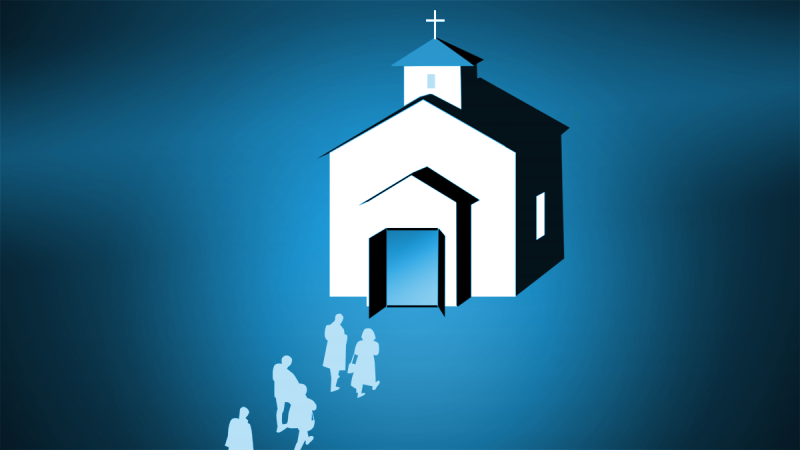Pandemic, Religious Freedom, and Colorado Church Gatherings

In October, a U.S. District Court Judge ruled in favor of two Colorado churches that filed a lawsuit against the State of Colorado. The court held that Colorado cannot impose capacity limits or mask requirements on houses of worship when secular gatherings are not restricted in the same manner. The decision has been called a win for religious liberty, but the battle is far from over, and the state is currently appealing the decision. This post will discuss the state’s restrictions on churches, arguments from both sides, the court’s opinion, next steps in the case, and what this means for other churches in Colorado. The same principles also apply in other states.
Colorado COVID-19 Restrictions on Churches
Since the pandemic began in March of 2020, Governor Polis has restricted church gatherings to some degree. The governor’s public health orders designate churches as critical businesses that can operate during the pandemic, but only if they follow the rules set out in the successive orders.
According to Public Health Order 20-35, churches can operate at different occupancy levels up to a specific number of people. For example, under Level 1 (lower presence of COVID-19 in the community), churches can operate at 50% capacity or 175 people, whichever is less. At Level 2, churches are limited to 50% capacity or 50 people, whichever is less. At Level 3 (higher presence of COVID-19 in the community), churches are capped at 25% capacity or 50 people, whichever is less.
Simultaneously, the public health order creates exemptions for non-religious organizations and businesses, including K-12 schools, grocery stores, packaging warehouses, and slaughterhouses.
Church and State Positions
Two Colorado churches filed a complaint challenging the state health orders in August. The churches claimed that the orders were unlawful because they infringed on religious freedom and were void due to their vagueness. The churches argued that the orders restricted their religious speech based on prohibited physical interactions. They also alleged that they were being treated more severely than other critical businesses.
The state argued that the restrictions were a matter of public safety, and it was making determinations based on science and in good faith to protect the public.
Court’s Opinion
On October 15, 2020, the court held that the restrictions were more severe for houses of worship than for other secular institutions and issued a temporary restraining order and preliminary injunction on behalf of the two churches.
The court found that under the orders, churches were required to comply with numerical occupancy caps even when their buildings could accommodate more people with social distancing. At the same time, other secular establishments like public schools, retail stores, grocery stores, and even warehouses had no occupancy limitations other than six-foot social distancing.
The court held that the state does not have the power under the Constitution to tell a church how large its gatherings can be when similar secular gatherings are not limited.
Because the churches had argued that wearing masks infringed on their free exercise practice, and there are other establishments exempt from mask-wearing (like restaurants), the court also held that the state could not enforce mask-wearing. But this holding would be limited to situations where the church had an actual religious objection to congregants wearing masks.
Conclusion
Many are hailing this court decision a win for religious freedom, and it is. But the fight is far from over. The state is appealing the decision to the 10th Circuit Court of Appeals.
Others are asking whether churches in Colorado must still follow capacity and mask requirements based on the court order. Technically, the court order probably only applies to the two churches that sued (though the language is not quite clear), but theoretically, those protections are applicable to all churches in Colorado. A church could reasonably rely on court precedent to hold services without capacity limits; however, those actions could be challenged by the state in court.
Whether a church relies on the federal injunction or not, churches must continue to follow social distancing and sanitizing guidelines to promote the wellbeing and safety of the congregation.
As courts around the country rule on these issues, it seems likely that eventually one of these cases will make its way to the U.S. Supreme Court for a ruling on the merits.
_________________________________________
Featured Image by Rebecca Sidebotham.
Because of the generality of the information on this site, it may not apply to a given place, time, or set of facts. It is not intended to be legal advice, and should not be acted upon without specific legal advice based on particular situations
